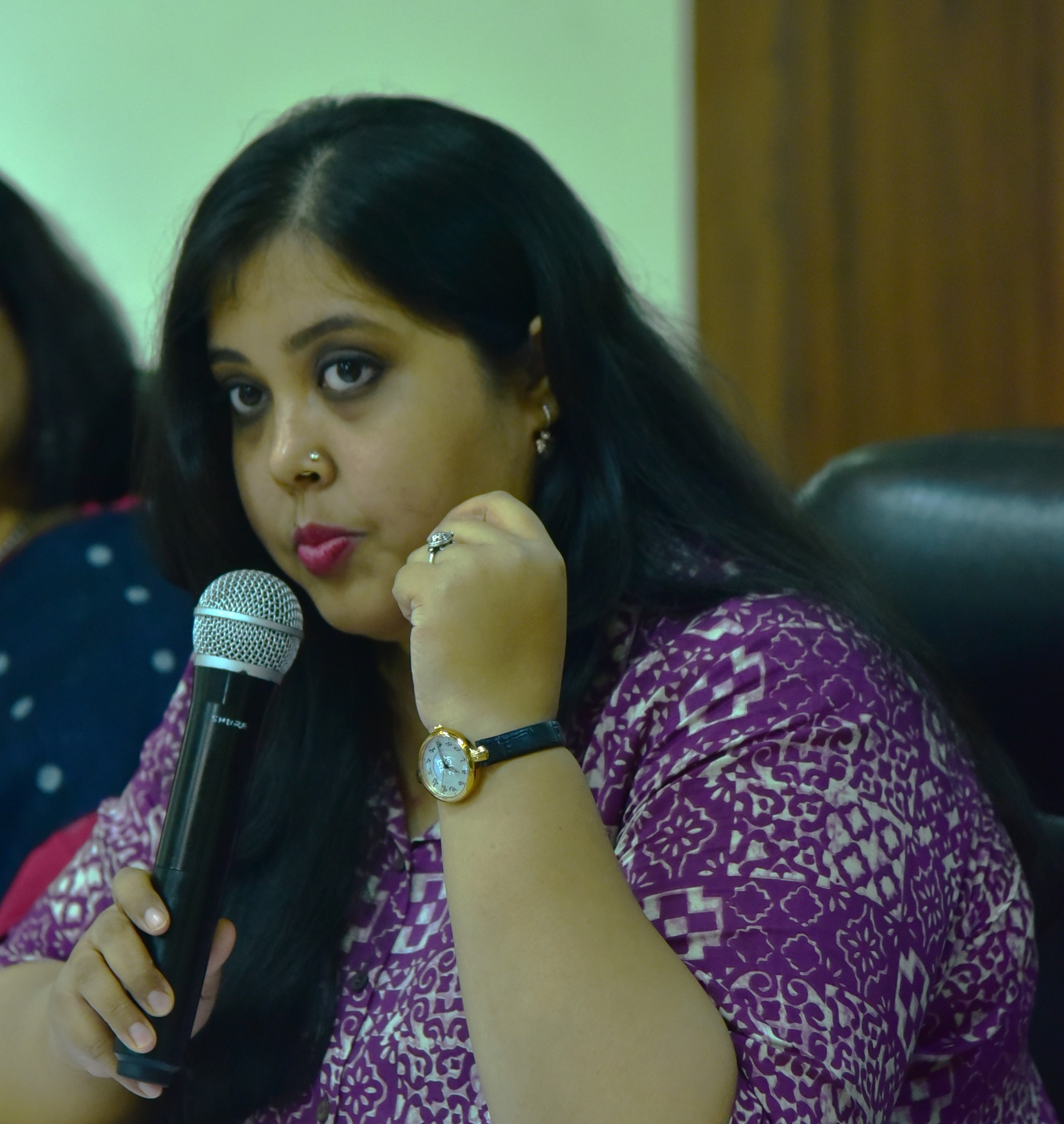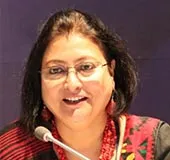-
CENTRES
Progammes & Centres
Location
In the aftermath of the fall of the Awami League government, the interim administration led by Muhammad Yunus is now responsible for stabilising the country

Image Source: Getty
Shaking off the remnants of the decade-and-a-half-old government, Bangladesh is preparing for a new beginning. An interim government, headed by the Nobel Laureate Muhammad Yunus, is now in charge of stabilising a country that is still reeling under chaos and violence. Nominated by the students as Chief Adviser to the interim government—a role equivalent to a Prime Minister—the celebrated economist has formed his advisory council comprising 16 members from various walks of life. As Yunus calls for Bangladesh to “rise again”, it is critical to analyse what this new cabinet represents, to understand how this South Asian country will be led in the foreseeable future.
An interim government, headed by the Nobel Laureate Muhammad Yunus, is now in charge of stabilising a country that is still reeling under chaos and violence.
The new cabinet includes Syeda Rizwana Hasan, Chief Executive of the Bangladesh Environmental Lawyers Association; Farida Akhtar, women's rights activist; Adilur Rahman Khan, human rights activist and the founder of Odhikar; AFM Khalid Hossain, education adviser of Islami Andolan Bangladesh and a Bangladeshi Deobandi Islamic scholar; Nurjahan Begum, Grameen Telecom trustee; Sharmeen Murshid, Chief Executive Officer of human rights organisation Brotee; Faruk-e-Azam, a freedom fighter who was awarded Bir Pratik; Nahid Islam, student activist and key organiser of the Anti-Discrimination Students' Movement that ousted Sheikh Hasina in 2024; Asif Mahmud, DU student and key organiser of the Anti-Discrimination Students' Movement; Salehuddin Ahmed, former governor of Bangladesh Bank; Prof Asif Nazrul, Dhaka University law professor; Hassan Arif, former attorney general and senior advocate of the Supreme Court of Bangladesh; Brigadier General (retired) M Sakhawat Hossain, former Election Commissioner of Bangladesh (2007-2012); Supradip Chakma, Chairman of Chittagong Hill Tracts Development Board; Prof Bidhan Ranjan Roy, psychology specialist, Director of the National Institute of Mental Health & Hospital's Department of Psychiatry; and Touhid Hossain, former foreign secretary. The selection of this new cabinet exhibits certain characteristics. These are as follows:
Bangladesh has been critiqued internationally by organisations such as the United Nations and Amnesty International due to its human rights transgressions.
The composition of the interim government in Dhaka is certainly reflective of efforts being made to reform Bangladesh. While an interim government’s essential responsibility is to make routine decisions and ensure a free, fair election is held within three months; if Mohammad Yunus and his Cabinet can indeed facilitate proper polls in Dhaka, it would be a major feat. However, confusion now reigns about which parties would contest the election. While the Bangladesh Nationalist Party, for so long the main opposition in the country is sure to participate, it continues to lack the charismatic leadership necessary to gain public support. The Jamaat-e-Islami, the largest Islamic party often branded as a terrorist organisation by the erstwhile Hasina government, is also a sure contender for political power after the ban on it was lifted last year. Although questions remain about the party’s future leadership, the AL is also likely to participate. In the present scenario, it is also possible that some new student parties will come to the forefront. As the interim government is currently focused on refurbishing institutions, it is too early to discuss announcing elections. Regardless of who ultimately comes to power, the key concerns of Bangladesh, as reflected in the selection of council advisers, must be prioritised and addressed.
Sohini Bose is an Associate Fellow at the Observer Research Foundation
Anasua Basu Ray Chaudhury is a Senior Fellow at the Observer Research Foundation
The views expressed above belong to the author(s). ORF research and analyses now available on Telegram! Click here to access our curated content — blogs, longforms and interviews.

Sohini Bose is an Associate Fellow at Observer Research Foundation (ORF), Kolkata with the Strategic Studies Programme. Her area of research is India’s eastern maritime ...
Read More +
Anasua Basu Ray Chaudhury is Senior Fellow with ORF’s Neighbourhood Initiative. She is the Editor, ORF Bangla. She specialises in regional and sub-regional cooperation in ...
Read More +